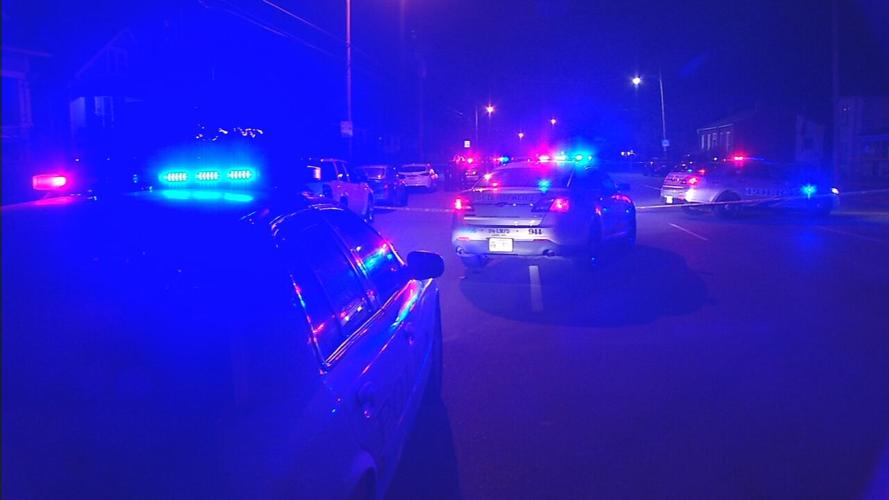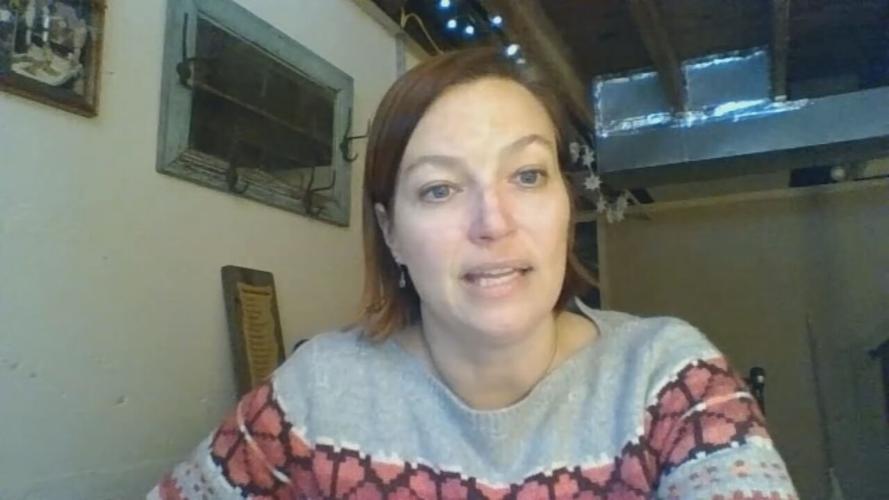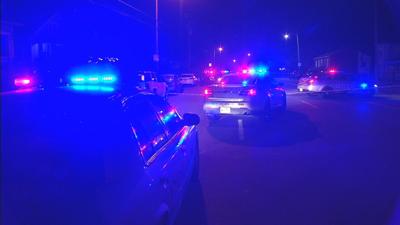LOUISVILLE, Ky. (WDRB) -- Councilman Mark Fox, a retired Louisville Metro Police major, has a phone that buzzes a lot lately, and many times, it's bad news.
"I get the text every time there's a serious shooting or a homicide," he said. "And that all too frequently goes off, and when it does, my heart sinks."
Wednesday afternoon, David Kennedy, an esteemed criminology professor from John Jay College of Criminal Justice in New York, presented Fox, D-13, and other councilmembers on Louisville Metro Council's public safety committee a solution in response to 2020's record-breaking spike of violent crime: a program that'll soon start up in Louisville called Group Violence Intervention, or GVI.
"The criminal justice version of prevention is deterrence," Kennedy explained. "It's letting people know that the stove is hot so that people don't touch it."
Jessie Halladay, who works for the city, will manage the project and will assist Kennedy and others in using data to target those who are most at risk of committing future violent crimes. Kennedy says most of those people belong to "groups" that he likened to "street warriors" defending their respective neighborhoods against perceived disrespect.
He estimates that only a fraction of a percent of any city's population is the driving force behind the majority of violent crimes.
"We need to be directly engaging with those people who are shooting and creating the violence in our community, which is a very small number of people, and directly engage them," Halladay said.

Jessie Halladay is the project manager of Louisville's Group Violence Intervention (GVI). (WDRB Photo)
Halladay says the team will put those people on notice by staging interventions that'll start in just a few weeks.
"You take a collective of community voices, police, and social services and say, 'We want to keep you alive, safe, and out of prison. How can we help you do that? You have to stop shooting, and if you will, that's great, and you don't want our help, but you don't shoot, that's all we want. If you want our help, we're going to try to do our best to meet the needs you have. What are those needs?'" Halladay said. "We've never tried this direct intervention. We've never gone straight to the source with any real options of what they might do differently."
Fox, who's read the book on the strategy authored by Kennedy, adds that if the potential offenders don't cooperate in the intervention and then break the law by committing violence, they will face heavy police enforcement.
Proponents say the strategy is simple but has drastically reduced crime in other cities. Kennedy and his team first implemented the GVI model in Boston in 1996-97, resulting in a 63 percent drop in youth homicides. In other cities, large and small, homicides were reduced by 40% to sometimes 70%.
Halladay says the community's support is a vital piece of the new effort, and any church or or group that would like to participate or learn more about the program can send her an email at jessie.halladay@louisvilleky.gov.
The first year of this model is already paid for by people in the community. The commitment is two years, but there's no time limit.
Copyright 2021 WDRB Media. All Rights Reserved.













